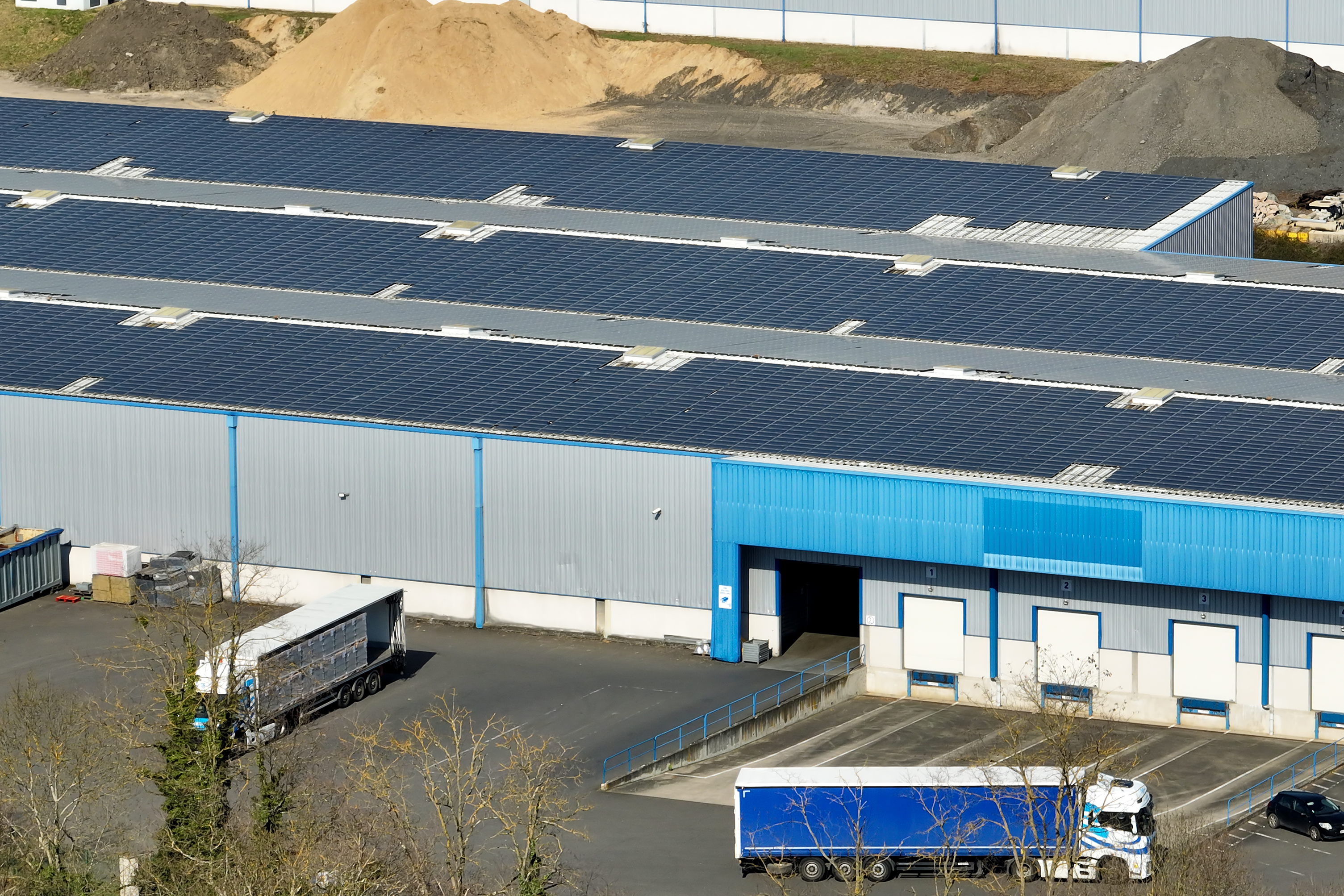Cold storage is an essential component of the global supply chain, particularly for perishable goods like food, pharmaceuticals, and other temperature-sensitive products. As technology continues to advance, the cold storage industry is experiencing significant innovations and trends that promise to revolutionize the way we store and manage these critical items. In this article, we'll explore the future of cold storage, highlighting key innovations and trends to watch.
1. Automation and Robotics Automation is transforming industries across the board, and cold storage is no exception. Automated storage and retrieval systems (AS/RS) are becoming increasingly common in cold storage facilities. These systems use robotics to efficiently move and store products, reducing the need for manual labor in harsh, cold environments. The use of automated guided vehicles (AGVs) and drones for inventory management and order picking is also on the rise, allowing for faster and more accurate operations.
2. Energy Efficiency and Sustainability With rising energy costs and growing concerns about environmental impact, the cold storage industry is prioritizing energy efficiency and sustainability. Innovations such as advanced insulation materials, energy-efficient refrigeration systems, and renewable energy integration are helping facilities reduce their carbon footprint. Additionally, some cold storage providers are exploring the use of natural refrigerants, which have a lower environmental impact compared to traditional refrigerants.
3. IoT and Data Analytics The Internet of Things (IoT) is enabling real-time monitoring and management of cold storage environments. Sensors placed throughout facilities can track temperature, humidity, and other critical factors, providing valuable data that can be analyzed to optimize operations. Predictive analytics, powered by AI and machine learning, can anticipate equipment failures and suggest maintenance schedules, reducing downtime and ensuring product safety.
4. Blockchain for Supply Chain Transparency Blockchain technology is gaining traction in the cold storage industry as a means to enhance supply chain transparency and traceability. By creating an immutable record of every transaction and movement within the supply chain, blockchain can help verify the authenticity and quality of products. This is particularly important for industries like pharmaceuticals and food, where product integrity is crucial.
5. Expansion of Cold Storage Capacity The demand for cold storage is expected to grow significantly in the coming years, driven by the increasing global population, changing consumer preferences, and the rise of e-commerce. As a result, there is a trend towards expanding cold storage capacity, both in terms of building new facilities and optimizing existing ones. Multi-story cold storage facilities are becoming more common in urban areas where space is limited, and modular cold storage units are being deployed in remote locations.
6. Last-Mile Cold Chain Solutions The final leg of the supply chain, known as the last mile, presents unique challenges for cold storage providers. Innovations in last-mile cold chain solutions, such as refrigerated delivery vehicles and temperature-controlled packaging, are helping ensure that perishable goods reach their destination in optimal condition. These solutions are particularly important for e-commerce and direct-to-consumer deliveries.
The future of cold storage is bright, with innovations and trends that promise to enhance efficiency, sustainability, and product safety. As the industry continues to evolve, companies that embrace these advancements will be well-positioned to meet the growing demands of the global supply chain.


